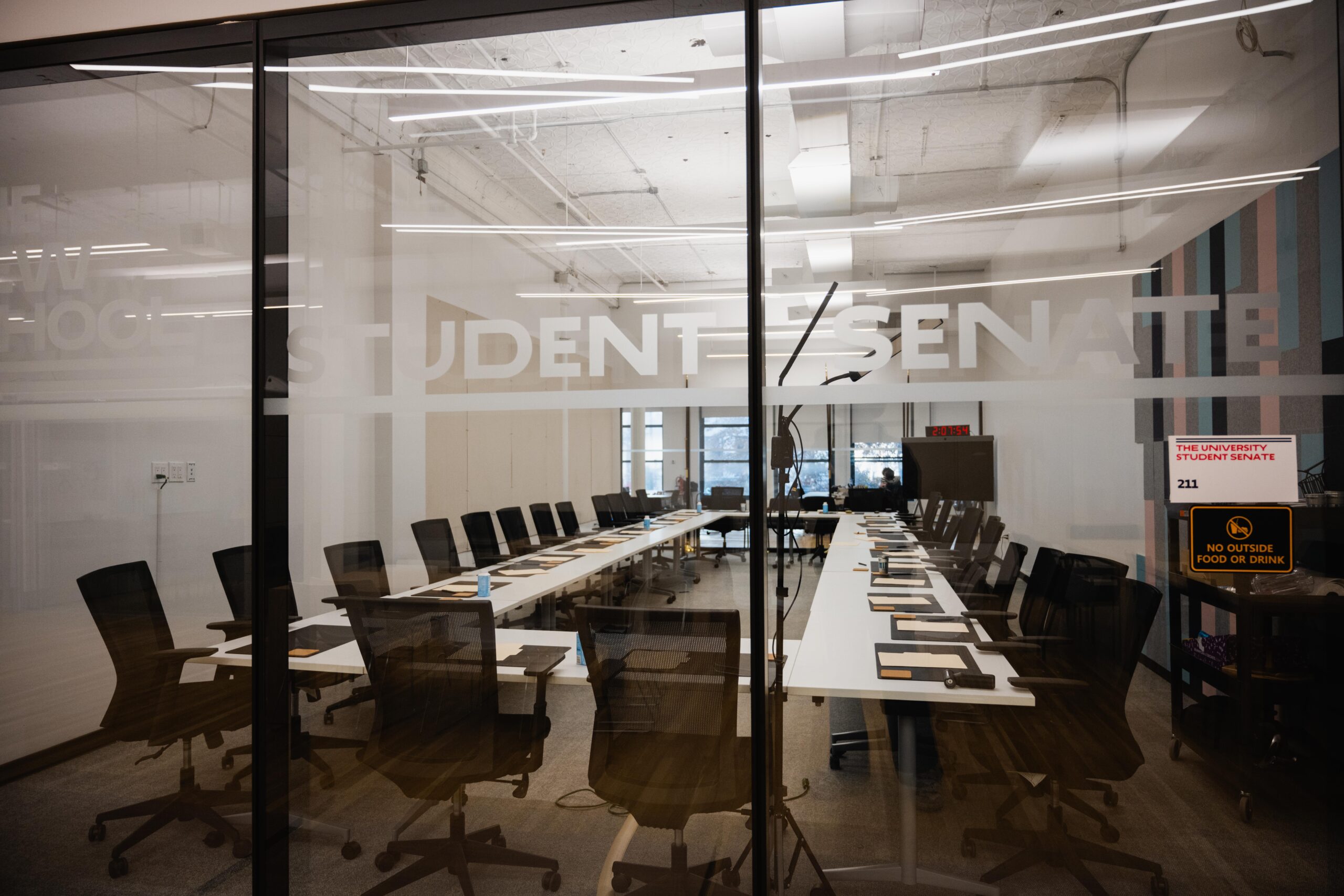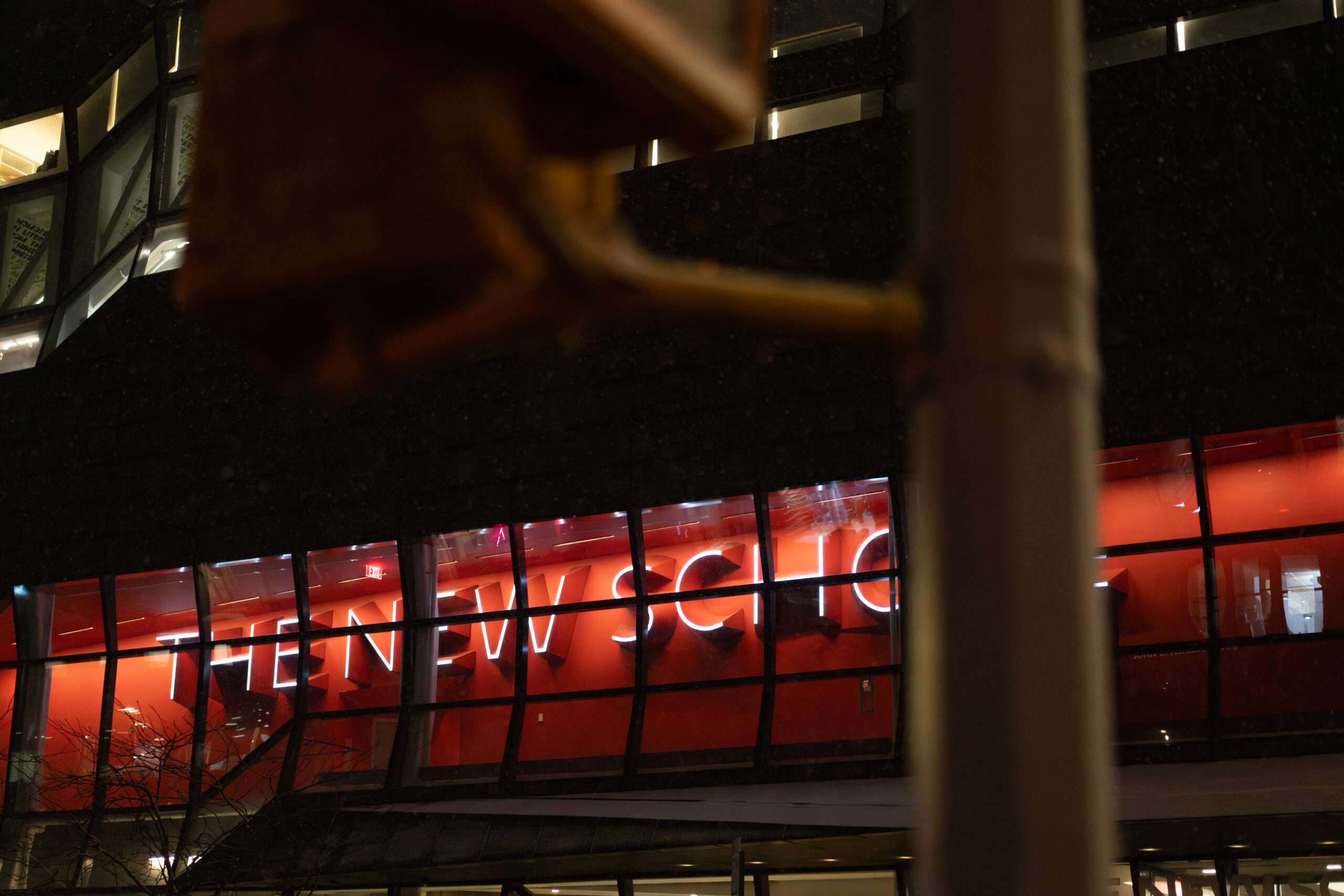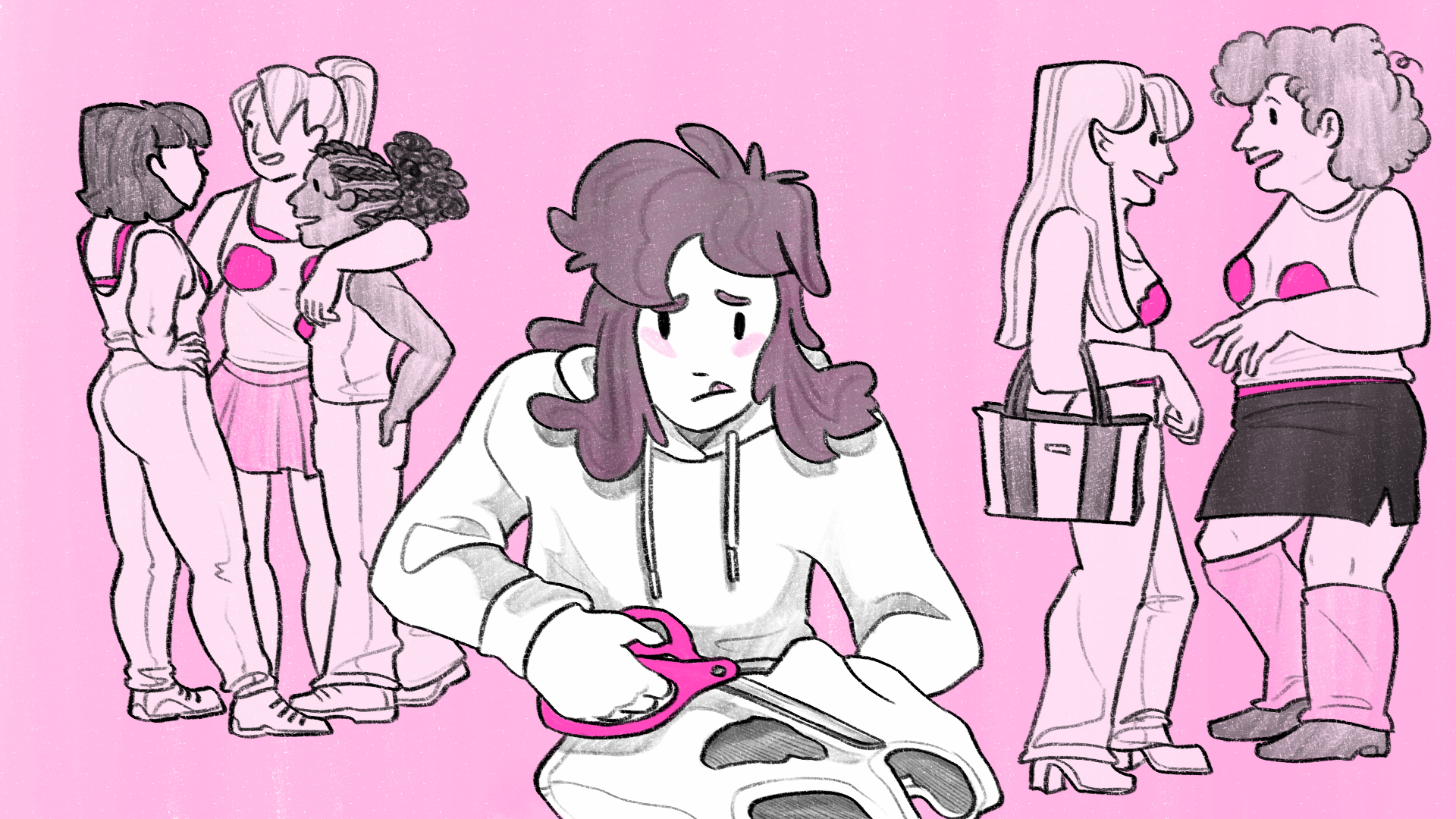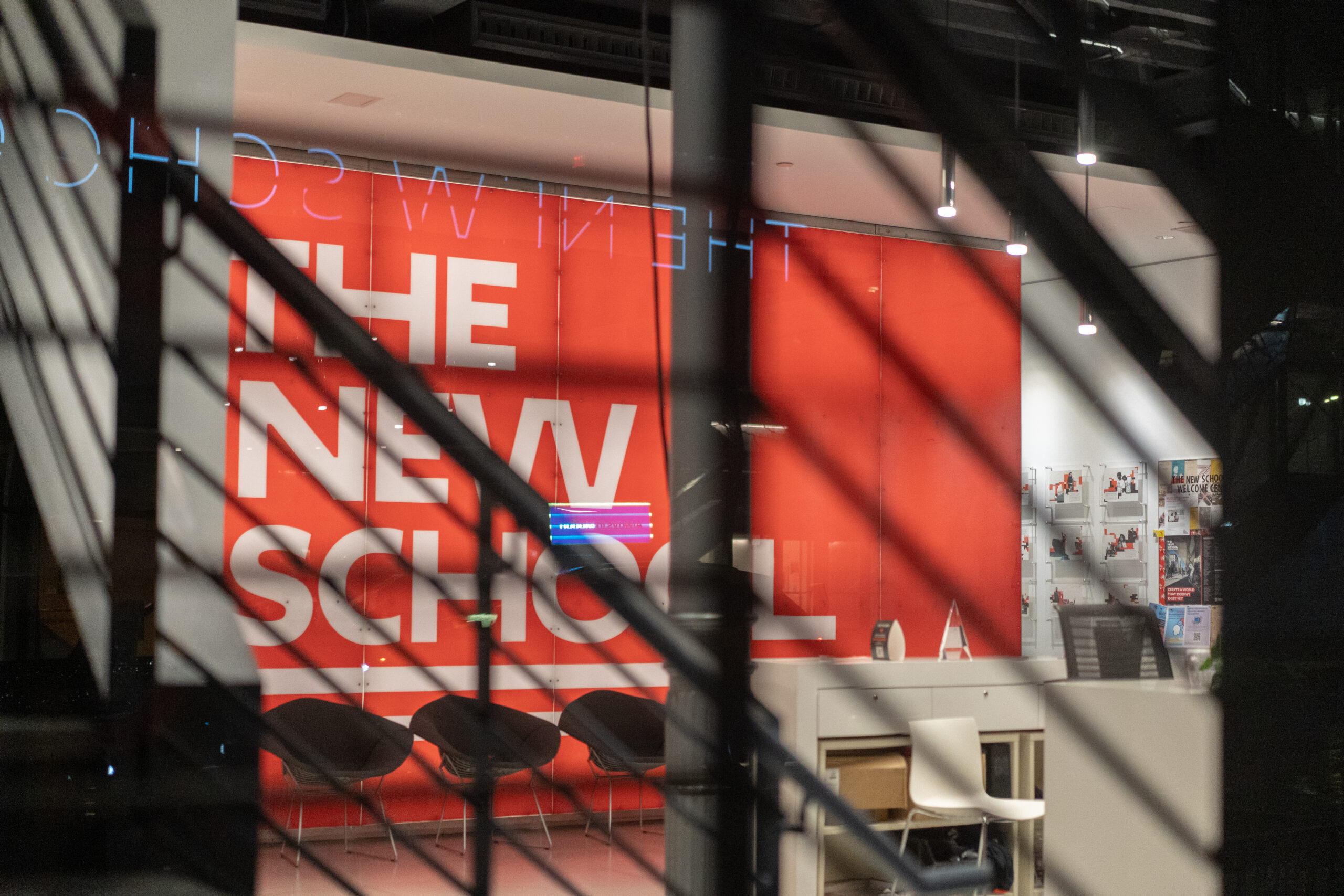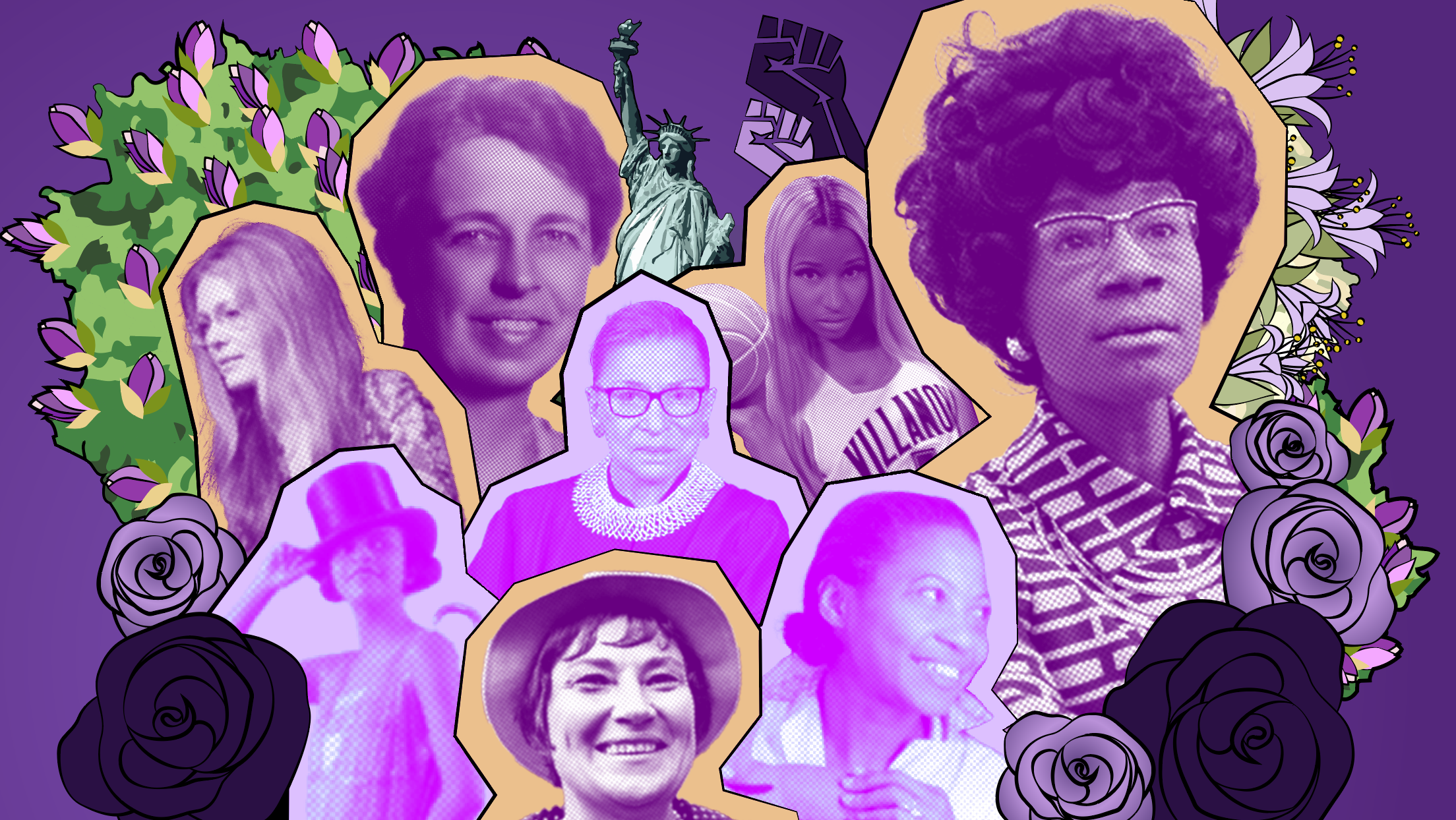New Schoolers were frustrated and left scrambling when the Hearst Media Corporation abruptly ended its internship program with the university in spring 2016 because company officials didn’t want to fill out paperwork to ensure students got credit for their work there, school administrators said.
Hearst, which owns magazines like Cosmopolitan, Harper’s Bazaar and Esquire, had 39 New School students working for them last year. This sudden change has left students feeling disappointed they can no longer continue interning at Hearst and has left some without the internships they were expecting.
“It left me scrambling trying to find an internship for this semester,” said Becky Vu, a Junior photography major at Parsons who interned at Cosmo last semester. Fortunately, her bosses at Hearst forwarded her resume to other companies and helped her find a spot at Fast Ashley’s Studio.
In December, 2015 Hearst notified The New School that they would no longer be able partner with them. For the students that reached out to Victoria Brown, the associate director of Experiential Opportunities, she offered to pass along their resumes to other employers.
In regards to the policy change that affected The New School’s relationship with Hearst, Victoria Brown said “ Hearst decided that they would no longer be able to complete the paperwork employers are required to fill out to allow students to receive academic credit for internships. The New School wasn’t alone in this. Other universities and colleges were also impacted.”
A junior photography student, Abbie Miller, interned in the accessories department at Marie Claire during fall semester. She hoped to intern under the photo editor – a position more suitable to her photography major. After interviewing and getting the internship, she found out last minute she couldn’t take it for spring 2016 due to this dispute.
“It was frustrating because I think the reason I got in was because of Parsons and now the reason I don’t have an internship is because of Parsons” she said. “I wanted to be there
and I wanted to give it everything. I had an amazing experience.”
About interning with Hearst, Becky Vu said “I loved it. They treated me very well. I wish I could stay there for a year.”
Human Resources at Hearst Corporation could neither confirm nor comment on this story.
Back in 2012, Hearst was sued by a former unpaid intern. The lawsuit stated “Employers’ failure to compensate interns for their work, and the prevalence of the practice nationwide, curtails opportunities for employment, fosters class divisions between those who can afford to work for no wage and those who cannot, and indirectly contributes to rising unemployment.”
An appellate court ruled in favor of Hearst finding an unpaid internship legal if it’s educational. A six-point test is set in place to determine whether an unpaid internship at a for-profit company is legal. According to the United States Department of Labour the internship should be similar to training and provide an educational environment that will benefit the intern. The intern is not entitled to a job at the end of the internship or to be paid for the time spent there. The intern will not replace hired employees and employers cannot directly benefit from their duties.
A study done by ProPublica in 2014 found that there is no comprehensive data on interns exists. Most unpaid interns do not have worker’s right since they do not qualify as employees under the Civil Rights Act. They found that 90% of universities give academic credit for internships but policies that male students aren’t taken advantage of vary from school to school.
Other schools that are believed to be affected by the policy change are SVA and Pratt who could not be reached for comment.


